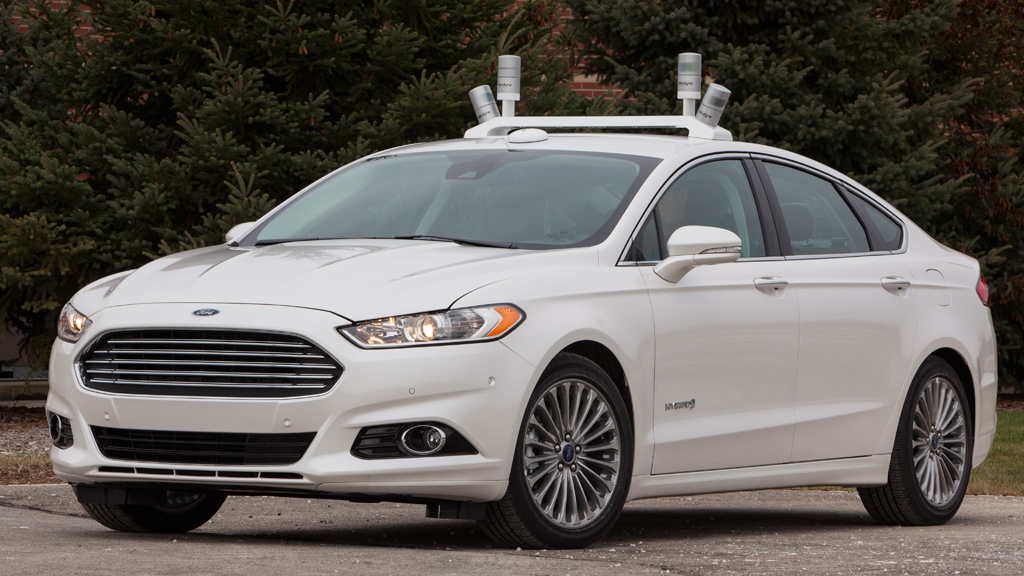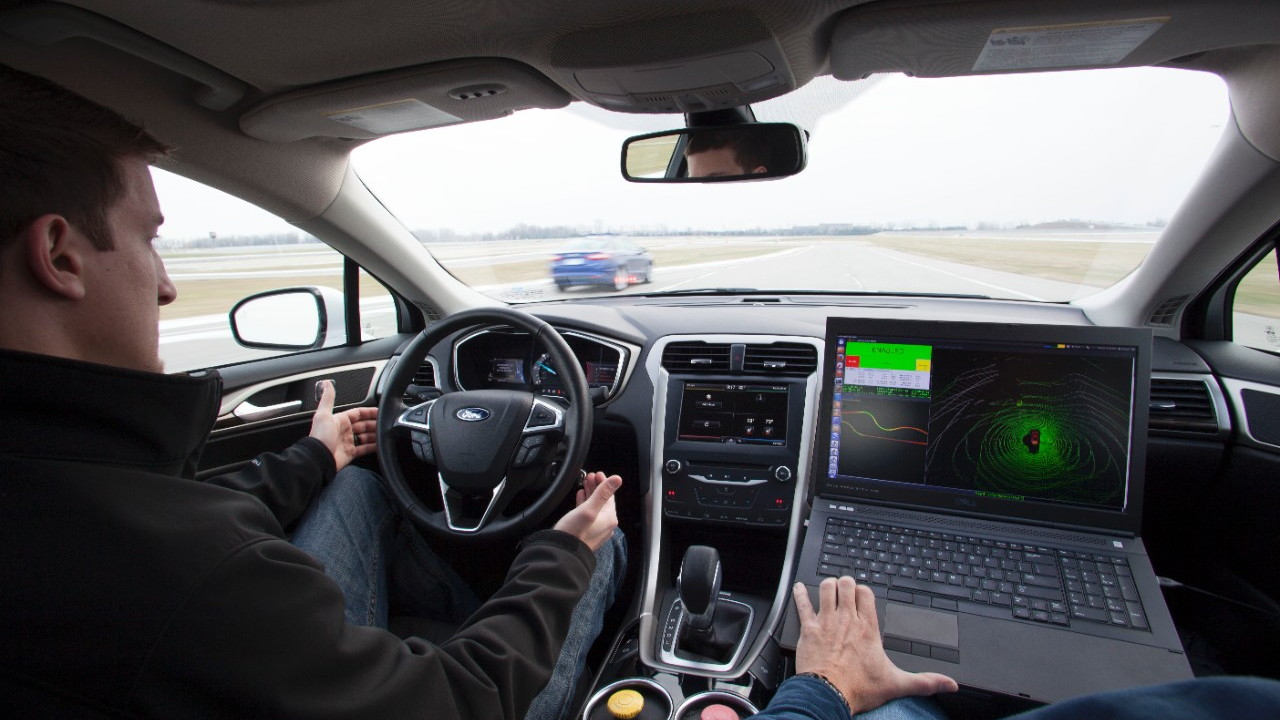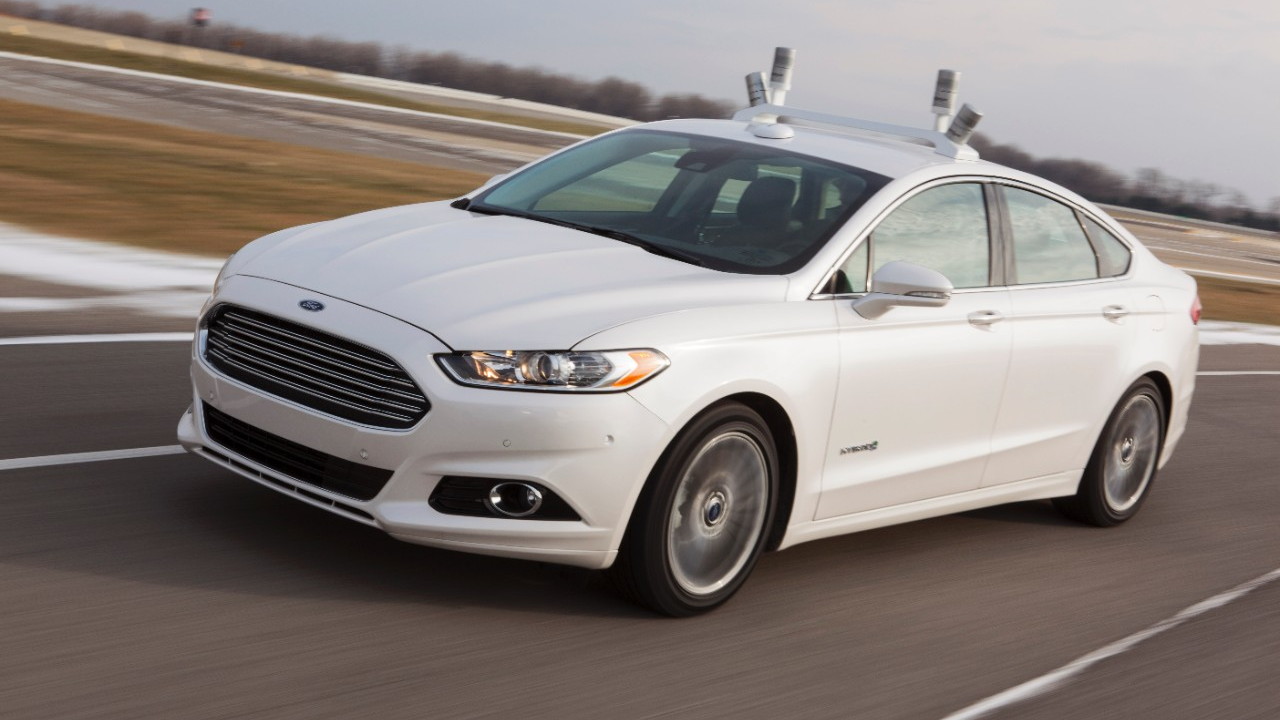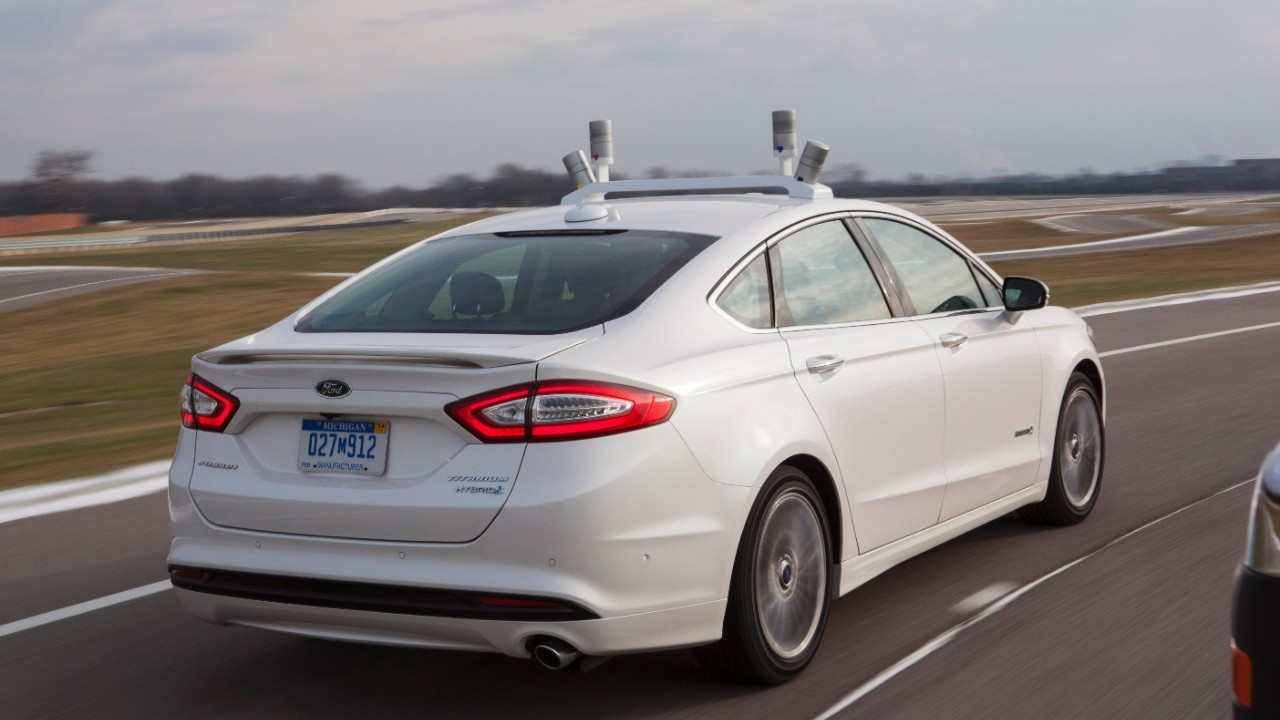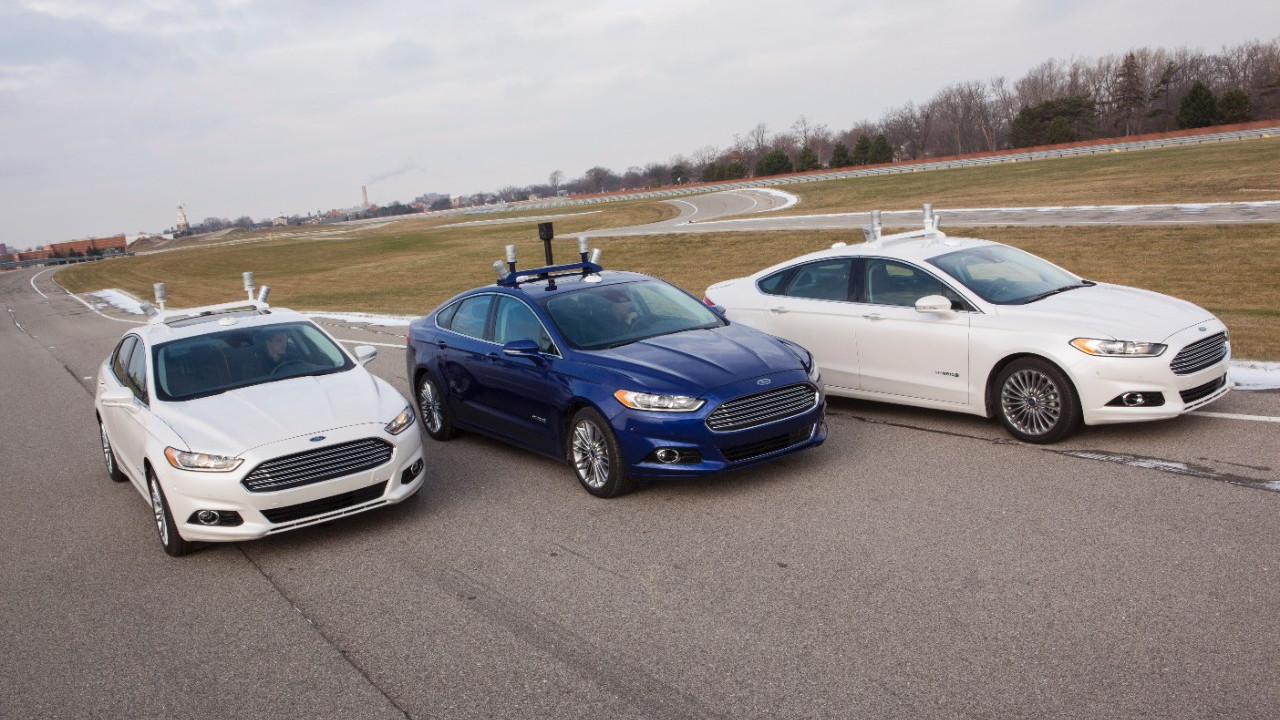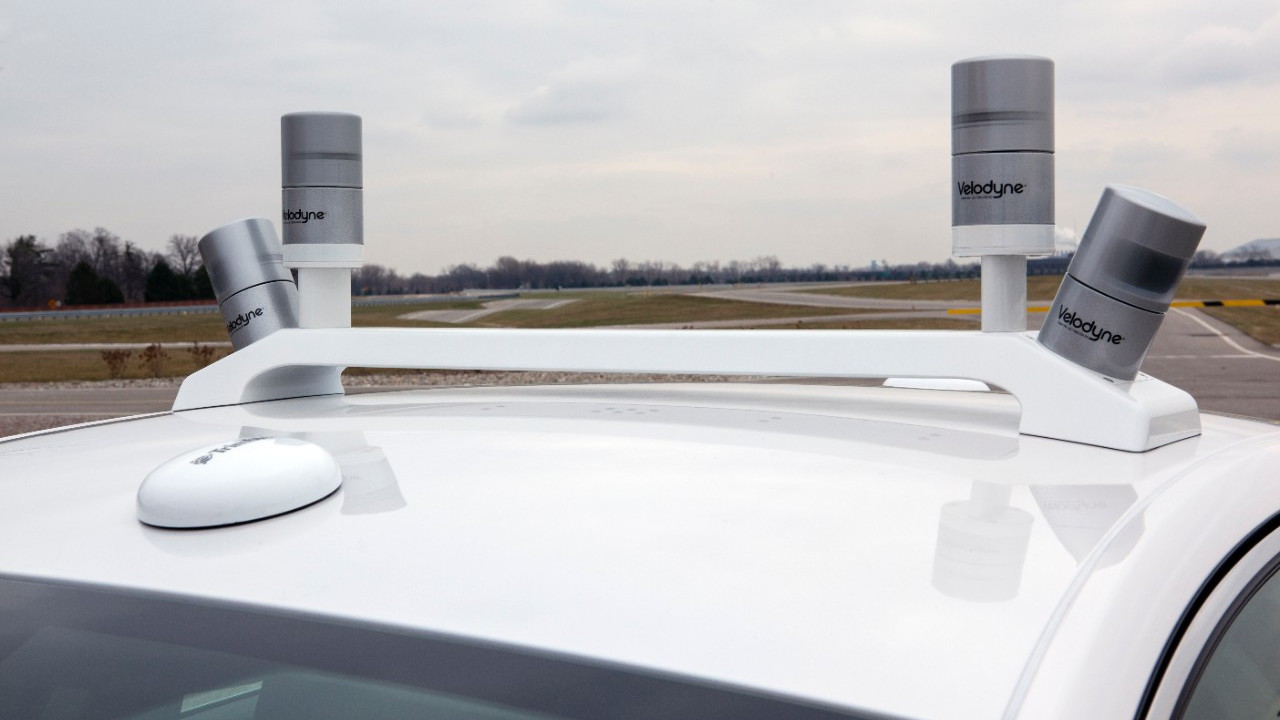Despite the rather distant time frame, in automotive terms, that's about two full vehicle generations away--which means the technology that will be implemented has to be developed now.
DON'T MISS: 2015 Ford Mustang's Secret Feature Is Burnout Control: Exclusive
The Fusion Hybrid automated research vehicle is part of what Ford calls its Blueprint for Mobility--an outline of what the future of driverless cars may be like over the next decade.
"The Ford Fusion Hybrid automated vehicle represents a vital step toward our vision for the future of mobility," said Ford Executive Chairman Bill Ford. "We see a future of connected cars that communicate with each other and the world around them to make driving safer, ease traffic congestion and sustain the environment."
The new hybrid research vehicle is using data gathered in previous studies, including the VIRTTEX driving simulator, which Ford uses to study how to merge human and automated driving inputs seamlessly. The VIRTTEX project seems to suggest a sort of "blended" or not-fully-driverless model may be part of the plan.
Technologies inside the Fusion Hybrid research vehicle that enable its self-driving capabilities include LIDAR (light-based range detection), which scans at 2.5 million times per second to create a 3D map of the surrounding environment at a radius of 200 feet.
WATCH: Hear The 2015 Ford Mustang GT Start & Rev: Video
Ford says the research vehicle's sensors are sensitive enough to detect the difference between a small animal and a paper bag even at maximum range. More practical differentiations include observation and classification of pedestrians, cyclists, and stationary objects.
Partnering with State Farm on the project to evaluate how the system can help reduce rear-end collisions, Ford says smarter cars will mean fewer road deaths.
Ford is also working on the project in cooperation with the University of Michigan.
"This research builds on the University of Michigan’s long history of pioneering automotive research with Ford," said Alec Gallimore, associate dean of research and graduate education at the school’s College of Engineering. "The unique collaboration will enable Ford to benefit from the university’s deep knowledge of robotics and automation, and it will allow University of Michigan faculty and students to work side-by-side with some of the best auto engineers in the world."
